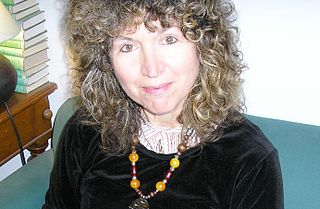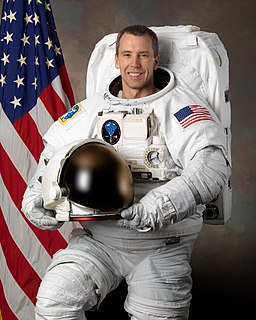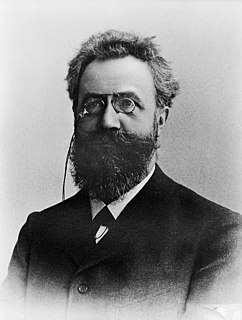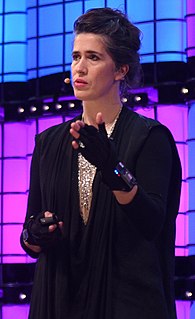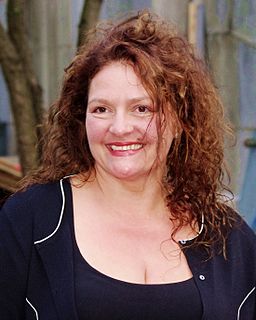A Quote by Agnes Denes
I study what I work with. I studied all these different fields of science that I needed for my work. I studied how to mine a landfill and what to plant in it. It's fascinating because you learn a new field each time.
Related Quotes
I discovered John Truby ten years ago when a friend told me about his screenwriting course. I studied Truby's principles for a year and -- using them -- I wrote the first draft of The Thieves of Ostia in two weeks. I go back to his teachings before each new book I write. Each time I study Truby, I learn something new.
There are fields of scientific work...which have been explored from the different sides of pure mathematics, statistics, electrical engineering, and neurophysiology...in which every single notion receives a separate and different name from each group, and in which important work has been triplicated or quadruplicated, while still other important work is delayed by the unavailability in one field of results that may have already become classical in the next field.
Every film you work on is different, and that's part of what it's like for anybody who works on a film, is to learn how to work with others. Learn from top to bottom. Actors have to learn how to work with the director and the director has to learn how to work with actors, and that's not just those two departments.

